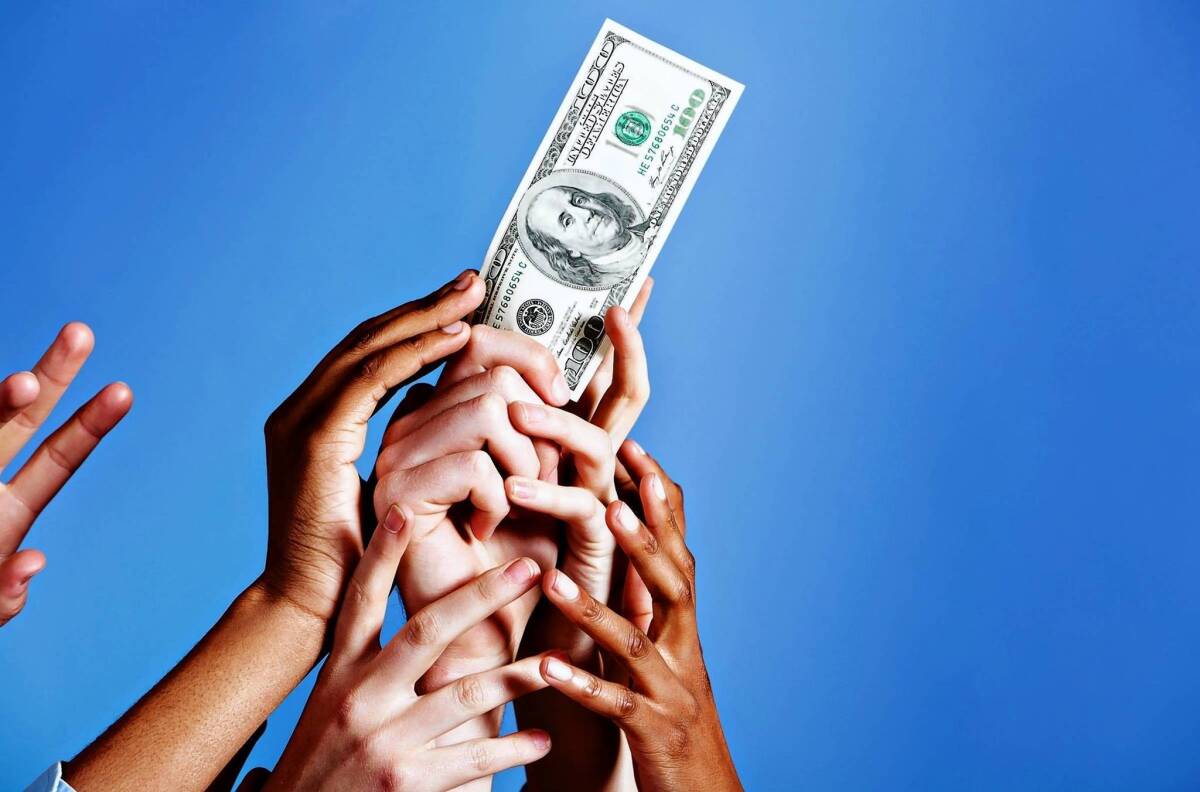Why greed may offer an evolutionary advantage

Religion and science have long had disagreements — from Galileo, who was tried for teaching that the Earth was not the center of the universe, to battles over teaching evolution in public schools. But when it comes to greed, religion and science share this view: It is not good for you.
“Greed never allows you to think you have enough; it always destroys you by making you strive ever harder for more,” Rabbi Benjamin Blech writes in “Taking Stock: A Spiritual Guide to Rising Above Life’s Ups and Down.”
It’s hard to find a positive slant on greed. Except, of course, for that handsome Wall Street guy Gordon Gekko. “Greed, for lack of a better word, is good. Greed is right. Greed works. Greed clarifies and cuts through to the essence of the evolutionary spirit,” Gekko, played to an Oscar win by Michael Douglas, says in the 1987 film “Wall Street.”
But though the film was meant to be a cautionary tale about the destruction greed can create, Douglas and actor Charlie Sheen, who played Gekko’s mentee, have said people tell them that those characters inspired them to become stockbrokers.
Paul Zak, a neuroeconomist and professor at Claremont Graduate University, might understand. He talked about greed as part of a lecture series titled “Science and the Seven Deadly Sins” at the New York Academy of Sciences.
“The seven deadly sins are still deadly because they separate us from other people,” he said. “They are all about putting ‘me’ first, and that is maladaptive for social creatures like us.”
Zak has done studies that have manipulated brain chemistry in human beings to show that oxytocin causes people to be moral. “There is a growing body of research that has found that greed is bad for us, and that moral values are a necessary element in the conduct of business,” Zak said.
“The Gordon Gekkos are predators who take the quick payoff,” he said. “Although they do serve a useful purpose by keeping other players on their toes and raising efficiency through competition, market participants for the most part avoid them, preferring to do business with the Warren Buffetts — hard-driving businessmen, but known for fair play and creating long-term value.”
Zak said that his research suggests that people who are greedy have brains that work differently. “Their character traits are similar to those of psychopaths. They simply do not care about others the way most people do, and the dysfunctional processing of oxytocin in their brains appears to be one reason for this.”
Does greed have an evolutionary advantage?
“Greed, by definition, means a selfish desire for significantly more than you need — which is different than wanting what is actually enough -- even if that is to the detriment of others,” said Dr. Jeffrey P. Kahn, clinical associate professor of psychiatry at Weill Cornell Medical College. “From that point of view, I doubt that greed has an evolutionary advantage, though individuals do need enough resources to survive in order to pass on their DNA.”
Can greed ever be good?
Zak said that it depends on how you define it. Being greedy with your time can lead to good, for instance. “We admire excellence in sports, and we know that to be a star athlete you have to devote hours and hours to practice. This probably does not make you the best family person,” Zak said.
It took Michelangelo four years to paint the Sistine Chapel. It took years of research to find a polio vaccine. Is this greed? Zak would argue no, because we all benefit from great art and scientific advances. And Jonas Salk, who invented the polio vaccine in 1955, chose not to patent the polio vaccine so it could be affordable and available to everyone. It has been estimated he could have made $7 billion on it. He was not greedy.
“We might want to have Bernie Madoff’s money, but we want to be seen as good people and be liked. We all want to be heroes,” Zak says. “We’d like to think that we would be like Wesley Autrey, who jumped into the subway tracks to save a person who had a seizure from being killed by a subway train. Not all of us can be that selfless, but we also don’t have to be greedy either.”
More to Read
Sign up for Essential California
The most important California stories and recommendations in your inbox every morning.
You may occasionally receive promotional content from the Los Angeles Times.







